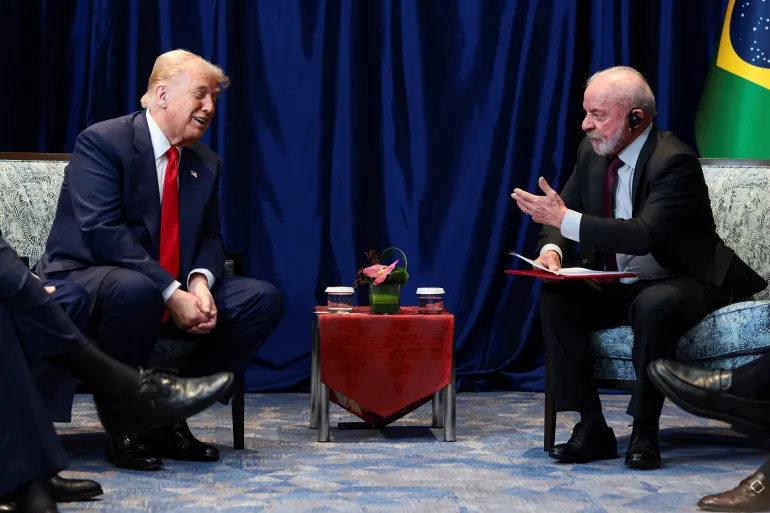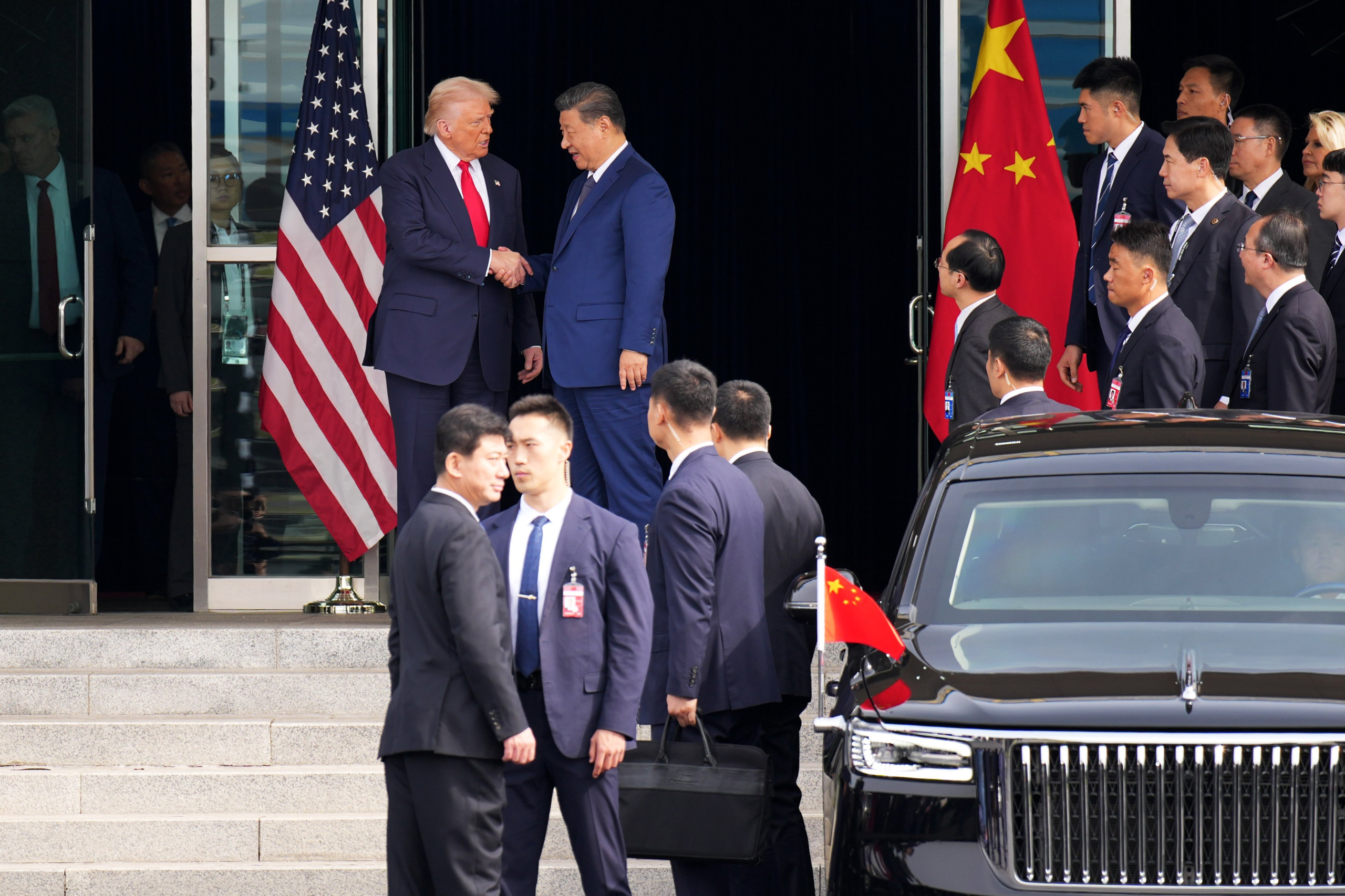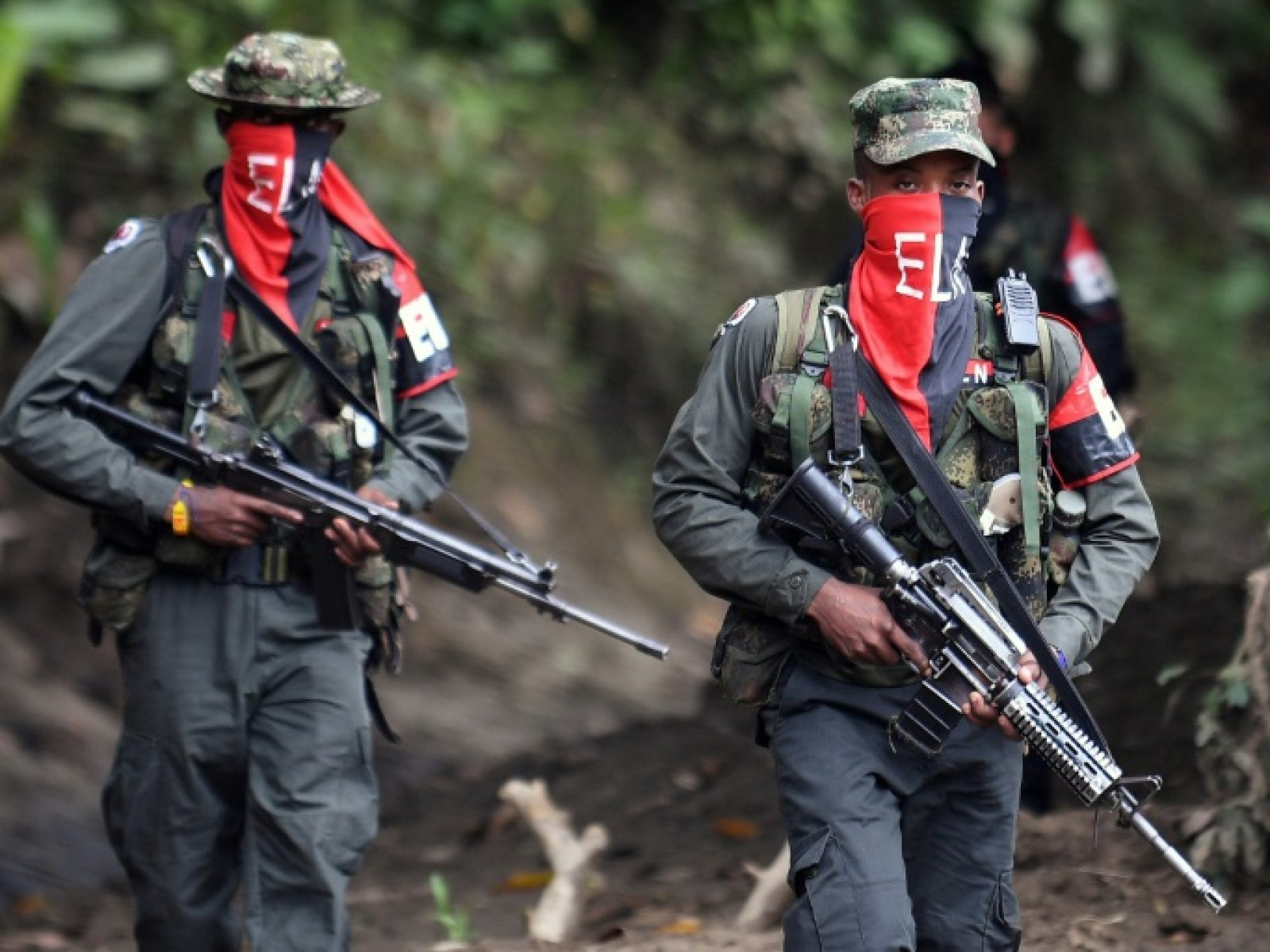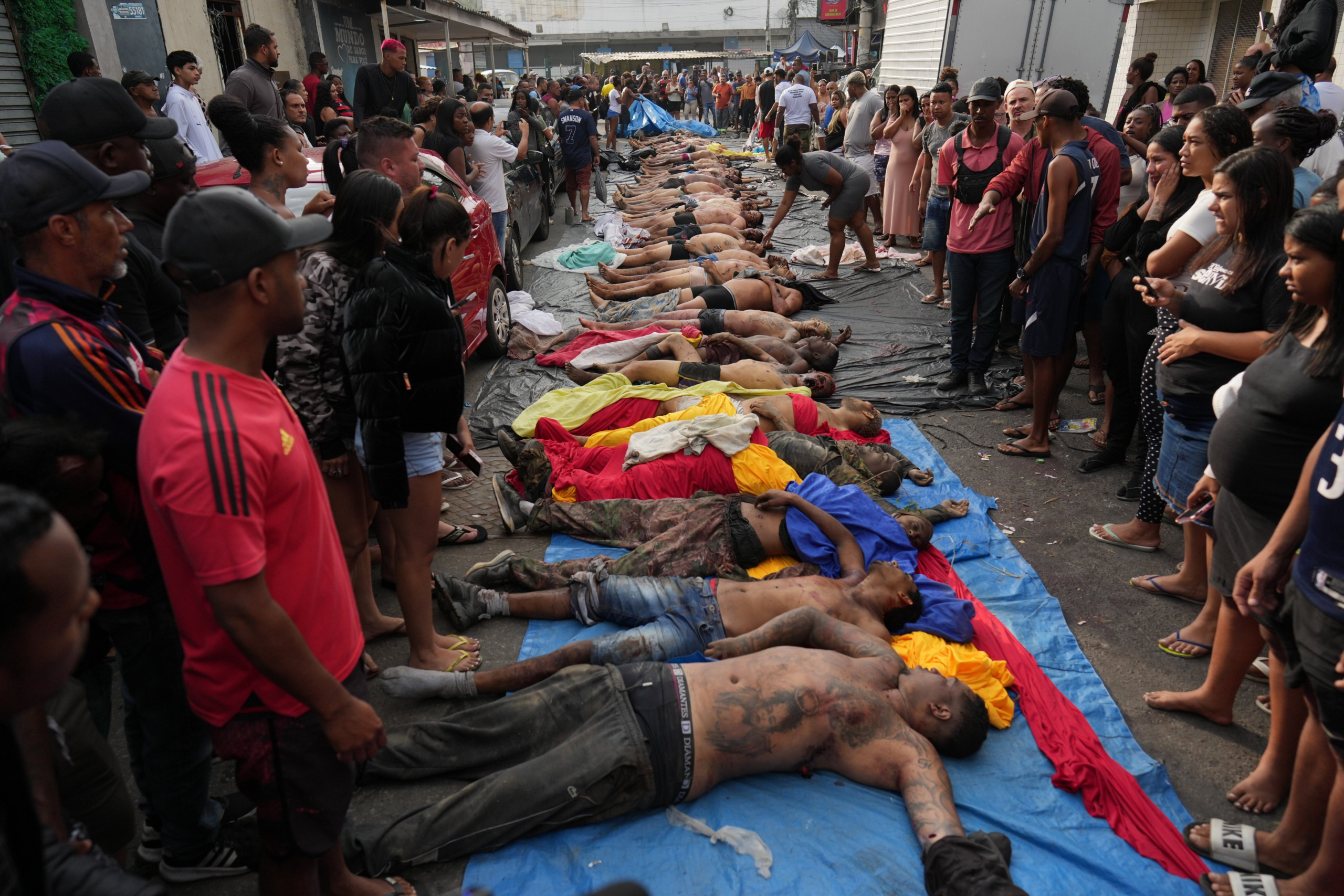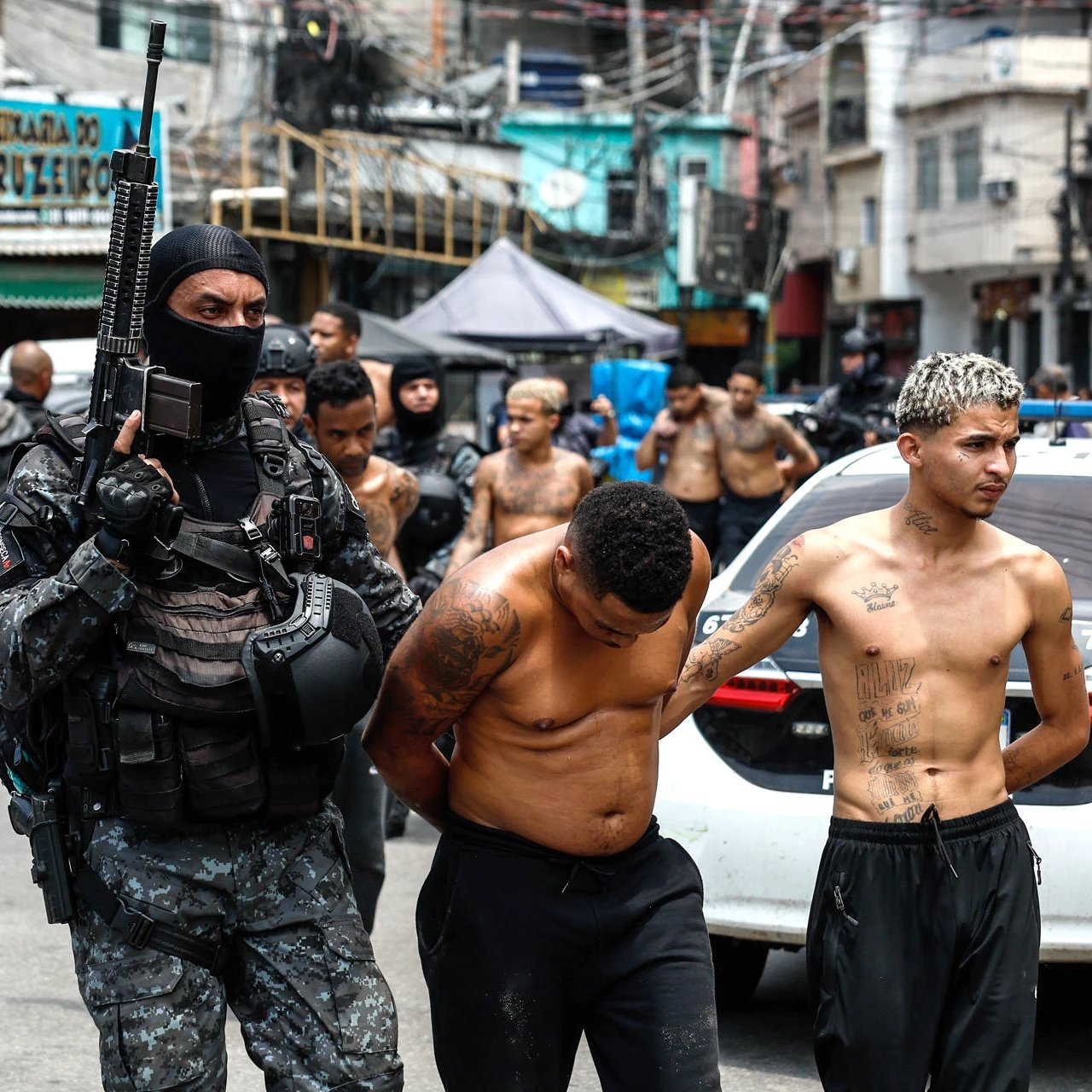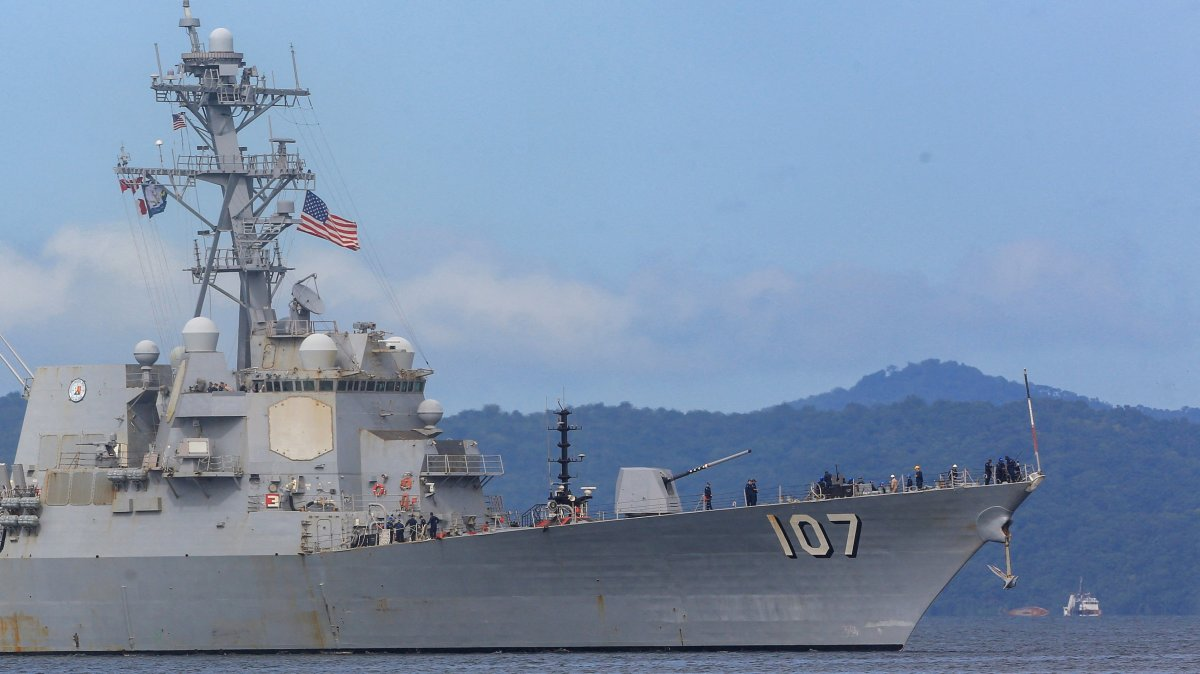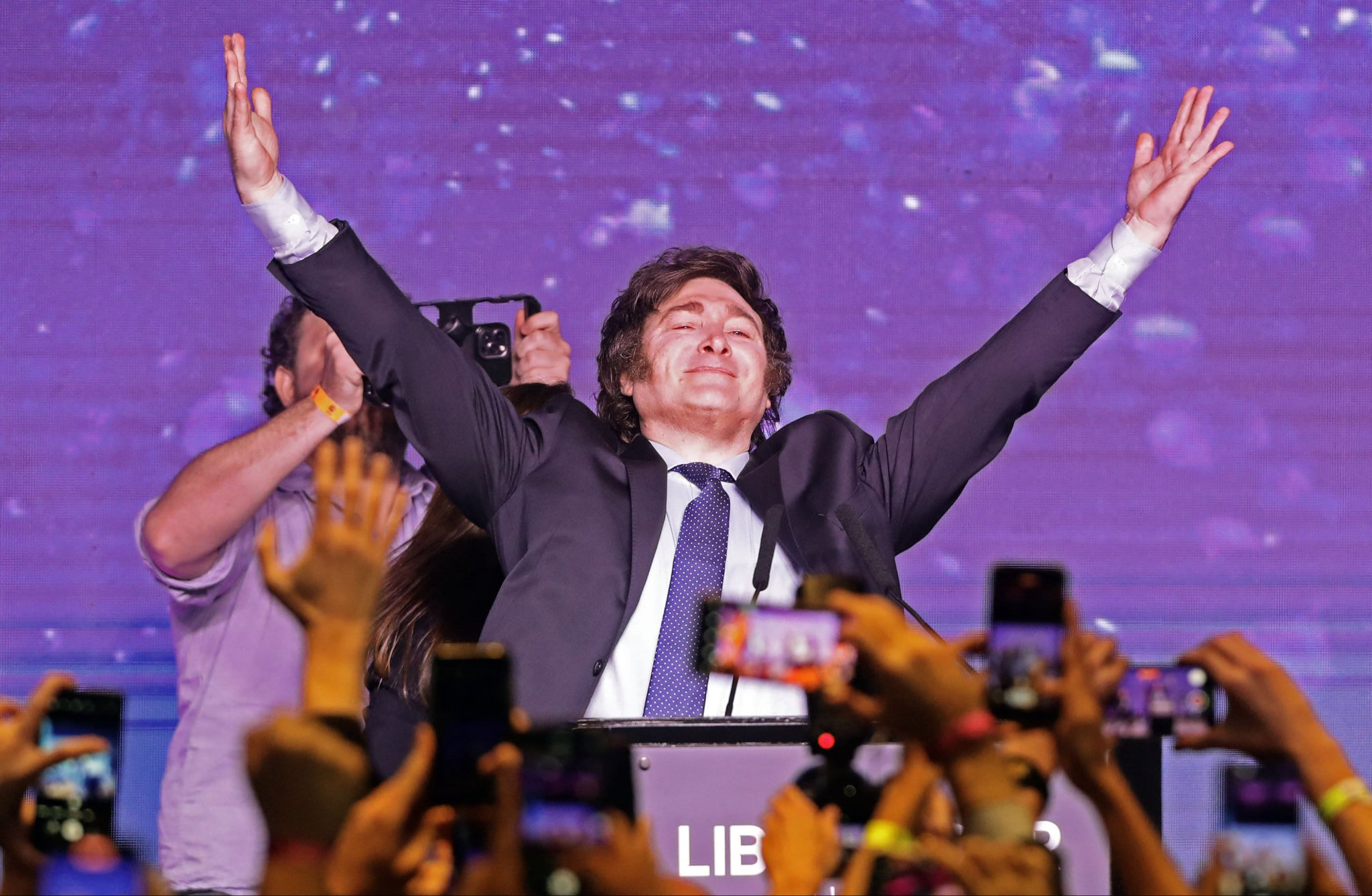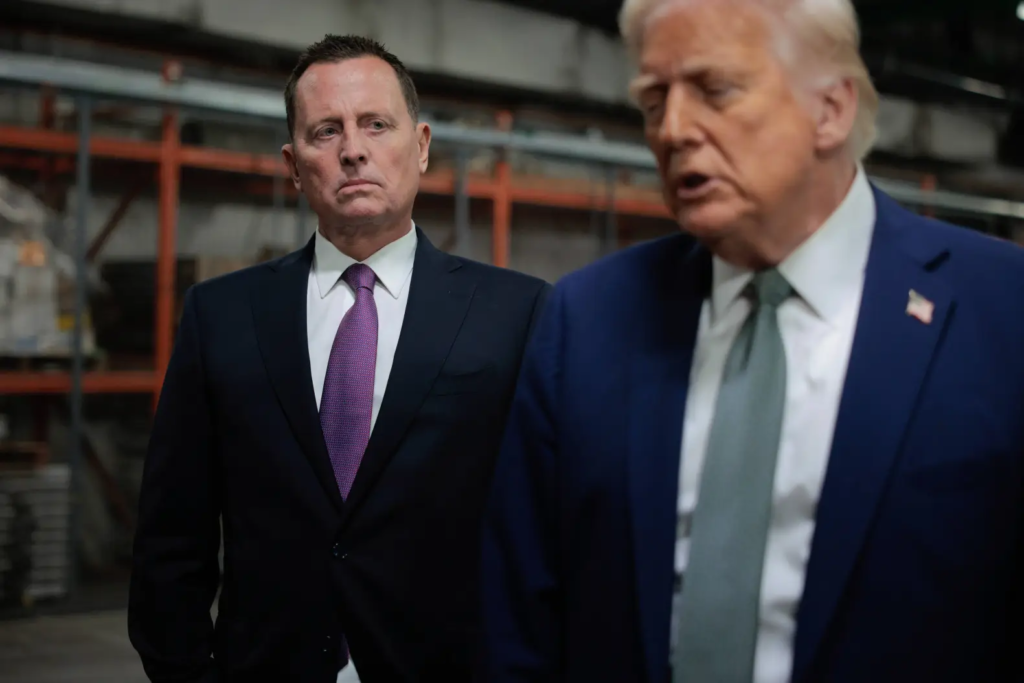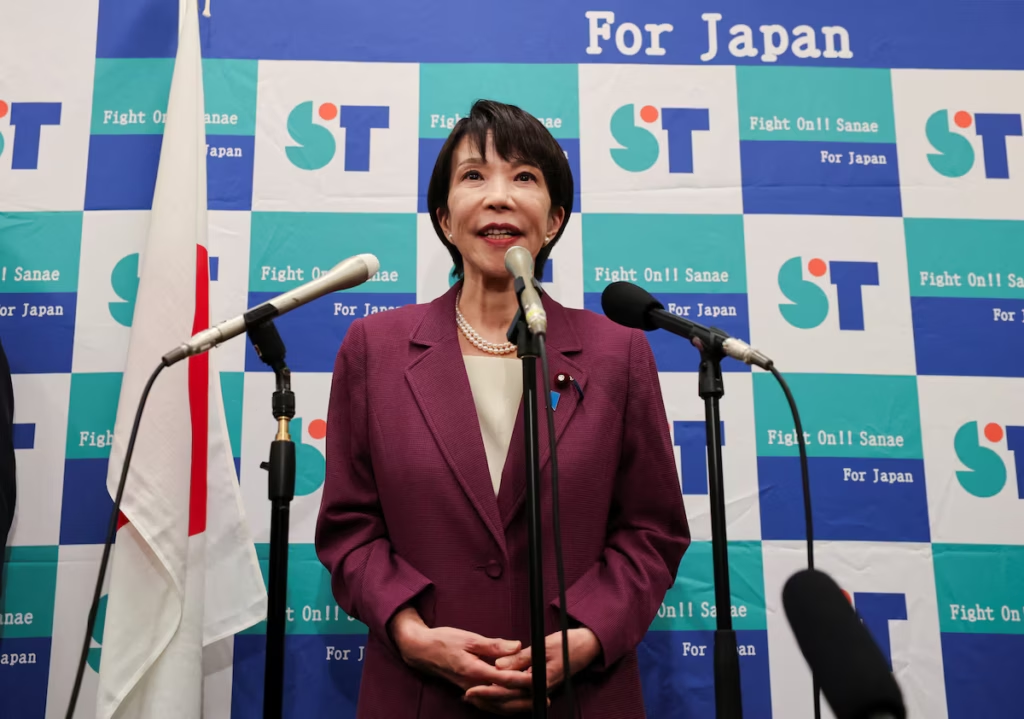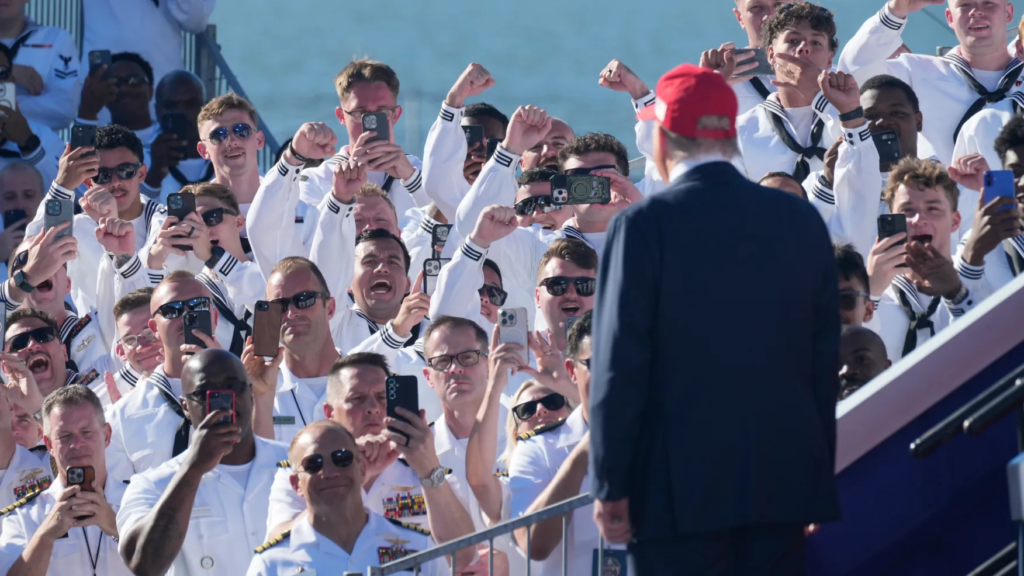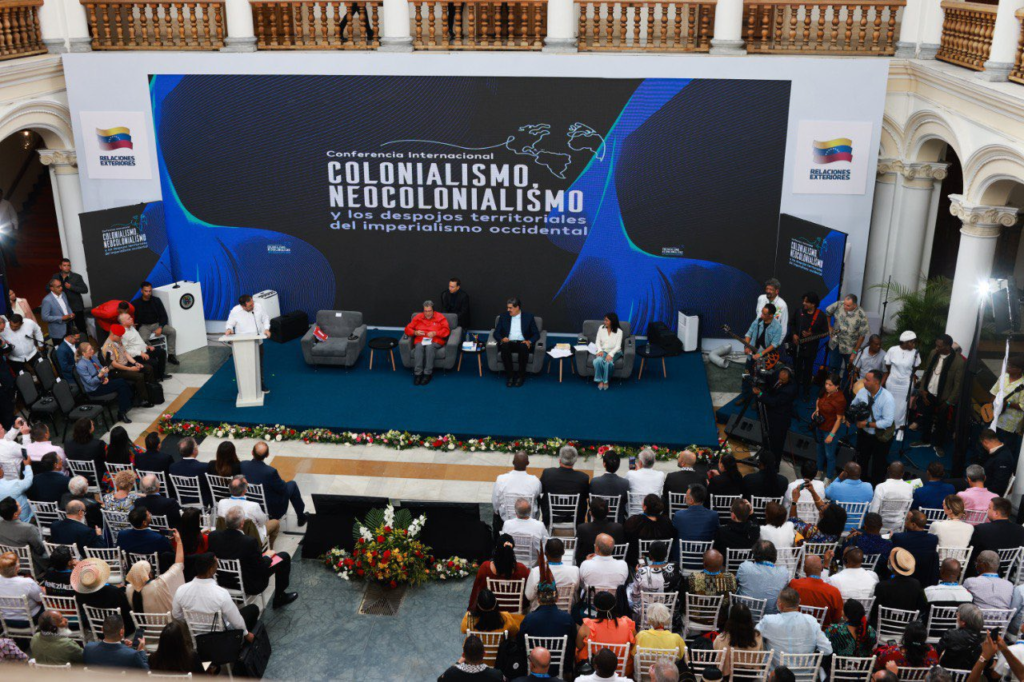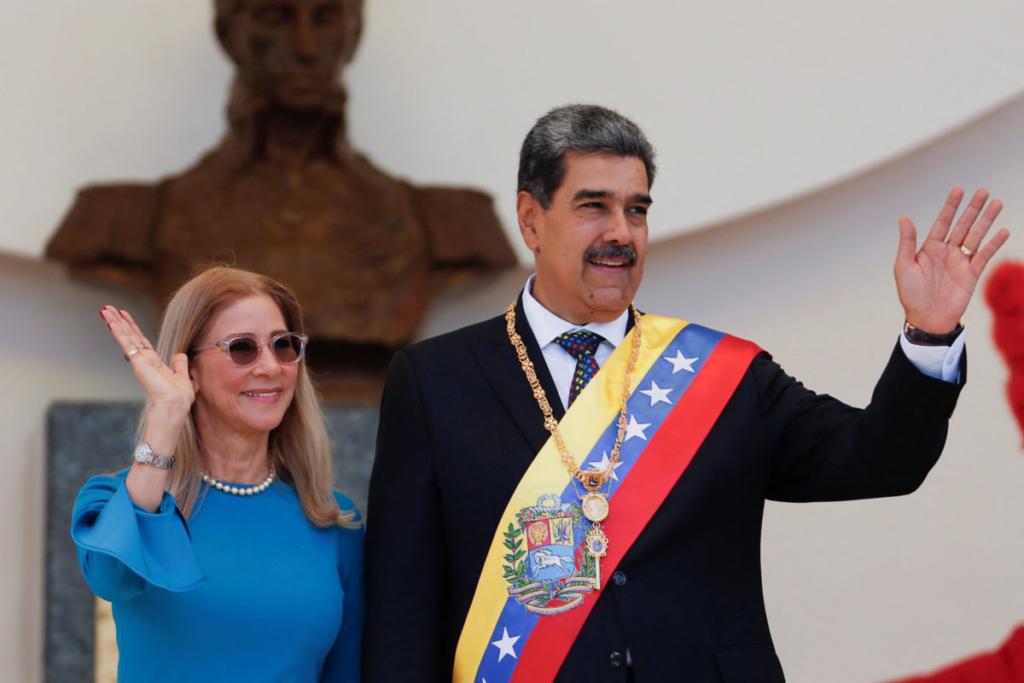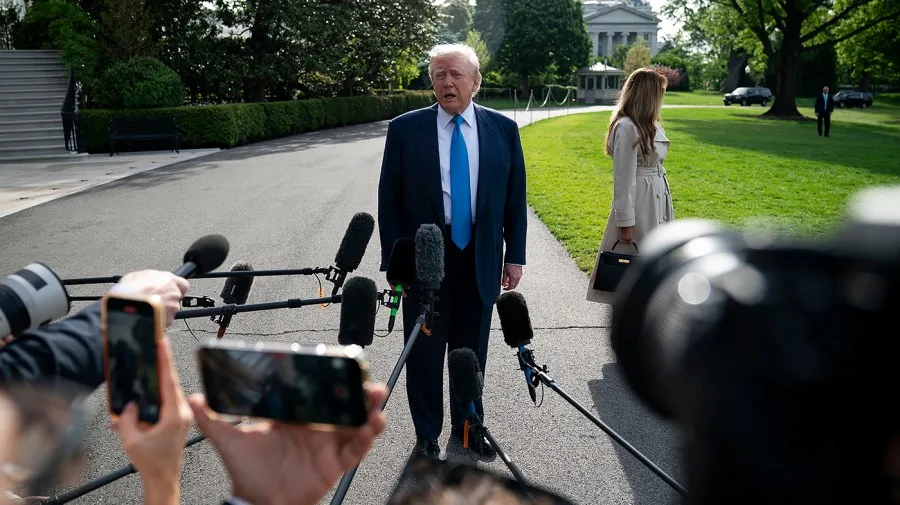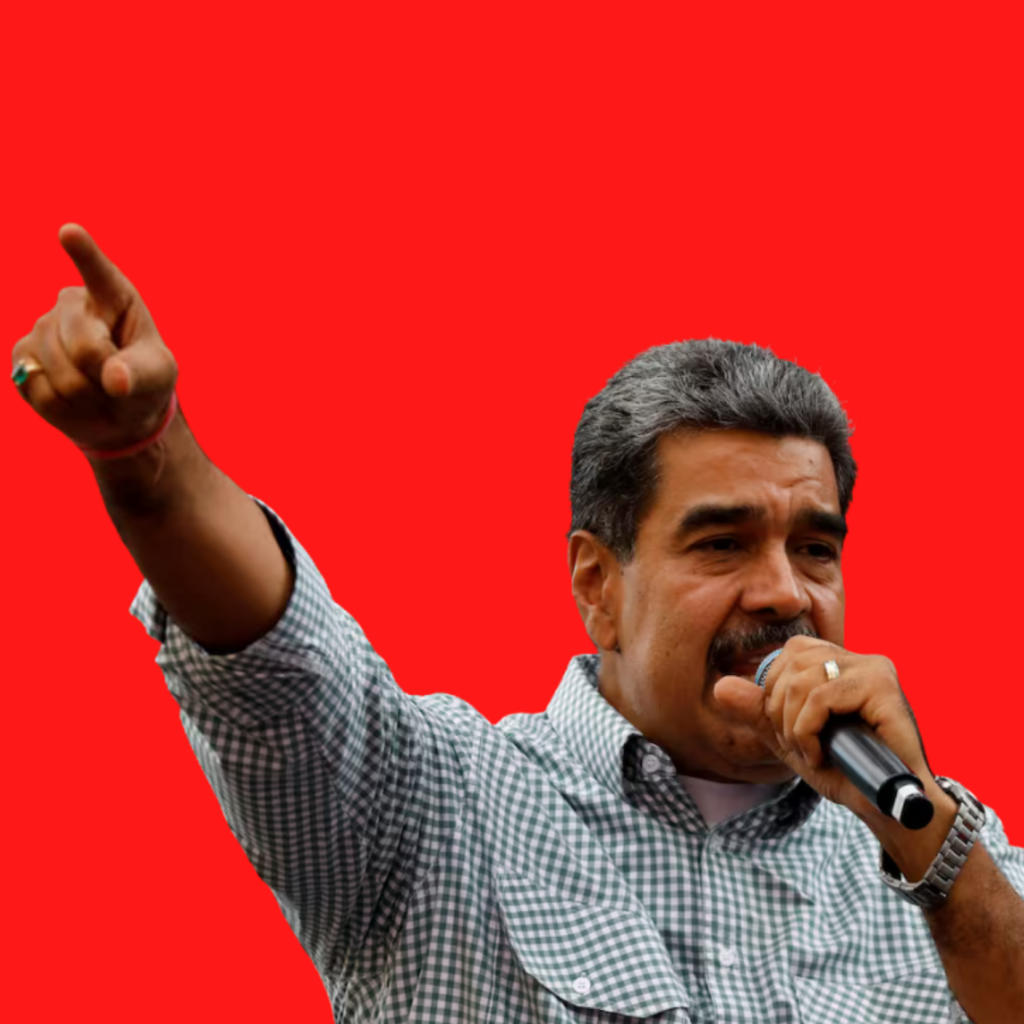A highly anticipated meeting, and one that Brazilian President Luiz Inácio Lula da Silva had urged for, finally took place between the top two representatives of the United States and Brazil on the sidelines of the 13th Association of Southeast Asian Nations (ASEAN) Summit meeting in Kuala Lumpur, Malaysia, on Sunday.
Lula had been preparing for the one-on-one since a volatile trade dispute had erupted with the United States in early July, shaking up the Brazilian economy after a 50% tariff on Brazilian goods went into effect on August 1.
There appeared to be a mutual understanding that the facetime in Malaysia was mostly symbolic, a meeting to prompt future discussions between the two governments in an effort to repair tensions between the two nations and restart trade negotiations.
President Lula da Silva remarked that the meeting with the U.S. president was “positive” and added that the two negotiating teams will arrange a negotiating schedule and get to work “immediately.”
“We agreed that our teams will meet immediately to advance the search for solutions to the tariffs and sanctions against Brazilian authorities,” Lula stated in a message on X.
The ongoing dispute with the North Americans has caused tremendous turmoil in Brazil over recent months, with legislators, industry leaders and residents in discord over how to remedy the tumultuous dispute with the Americans.
The prosecution of former Brazilian President Jair Bolsonaro was a hot-button issue for the Trump administration, which was poignantly critical of the Lula regime and its treatment of Bolsonaro. Trump and company feel that Bolsonaro, the conservative opposition, is being politically targeted by the ruling liberal government of Lula da Silva.
Bolsonaro was eventually found guilty by the Brazilian Supreme Court for an “attempted coup” after his defeat in 2022.
President Trump denounced the ruling as a political “witch-hunt”, equating Bolsonaro’s treatment with what President Trump says he underwent by the U.S. Department of Justice under his political opponents.
In response to the perceived prosecution of Bolsonaro, a widely known Trump ally, the State Department applied sanctions under the Magnitsky Act on several members of the Brazilian Supreme Court, most notably its head, Alexandre de Moraes, who oversaw Bolsonaro’s trial.
President Lula had called the U.S. tariffs on Brazilian goods a “mistake”, pointing to $410 billion U.S. trade surplus with Brazil over the last 15 years.
It is also reported that the Brazilian president floated the idea that Brazil mediate growing tensions between the United States and Venezuela amid the U.S. military crackdown on illicit drug trafficking in the Caribbean Sea. An estimated 43 “narco-terrorists” have been killed in 10 known U.S. military strikes in recent weeks.
The Trump administration has not confirmed an official response to this request.
However, President Trump seemed optimistic for what may come from future U.S.-Brazil trade relations, saying great deals can be reached for both countries, despite the Trump administration’s concerns over targeted political persecution in Brasília.
Bolsonaro was sentenced to 27 years imprisonment, and is currently under house arrest.

